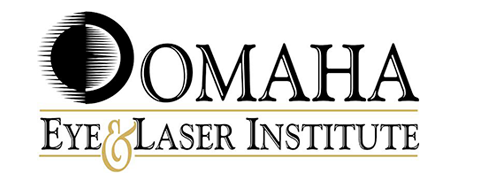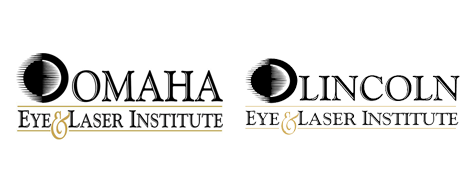
Were you diagnosed with cataracts a few years ago? Are they starting to impact your quality of life?
There are many reasons patients and doctors decide that it is time for cataract surgery. Sometimes, patients are hesitant about getting cataract surgery.
Surgical procedures on the eyes can be more nerve-wracking, but they are just as necessary. Having cataracts will eventually lead to vision loss and other negative symptoms.
Keep reading to learn more about cataracts and if you could be ready to have cataract surgery!
Are your vision changes due to cataracts?
At a certain age, it can be hard to determine if changes in your vision are due to age or cataracts beginning to develop. For most patients, cataracts usually take a few years to develop.
Even if you know you have cataracts, most patients don’t need cataract surgery right away. The best way to diagnose and monitor cataracts is to get frequent eye exams.
Until age 64 you should get eye exams every two years and then once you hit age 65, you should get annual eye exams. By the age of eighty, most people will already have or had cataracts.
Can you get cataracts in both eyes?
Yes, you can develop cataracts in both eyes. If this is the case, your eye doctor will recommend having surgery in the eye that has the worst cataract first.
Don’t be fooled and think that having cataract surgery on only one eye is enough because it’s not. You need to have cataract surgery on both eyes to achieve the best vision.
You’ll first have cataract surgery on one eye, allowing it to heal and recover. After recovering, you’ll have surgery on the second eye.
What is having cataracts like?
There are many symptoms associated with having cataracts. Cataracts can impact your vision, especially as they continue developing.
They can cause colors to look faded, you may see halos and glare around lights, or you may develop blurry vision. In the short term, more light and new glasses prescriptions can help with symptoms of cataracts.
These are only temporary solutions. For the best understanding of your cataracts, your eye doctor will conduct several tests. This includes examining the thickness of your cataract and glare and refraction test results.
How to know the best time to have cataract surgery
Most surgeons recommend having cataract surgery once your cataracts impede your daily life. This means that completing daily tasks or hobbies are no longer possible and impact your quality of life.
Cataract surgery can seem scary but it’s necessary to regain vision lost due to cataracts. Opting to not have cataract surgery can lead to injuries or other severe consequences.
Having cataracts and other eye conditions can be hard. You can actually have these addressed with only one procedure.
You can have cataracts and another condition that is more difficult to treat because of your cataracts. When this occurs, your eye doctor may suggest getting cataract surgery.
For example, you can have cataracts and diabetic retinopathy or age-related macular degeneration. Having cataracts makes it more challenging for your doctor to see the back of your eye to be able to monitor your second condition.
Do you think it’s time for cataract surgery? Schedule an appointment at Omaha Eye & Laser Institute in Lincoln, NE! Don’t let your fear of the unknown stand in the way of clear vision!





